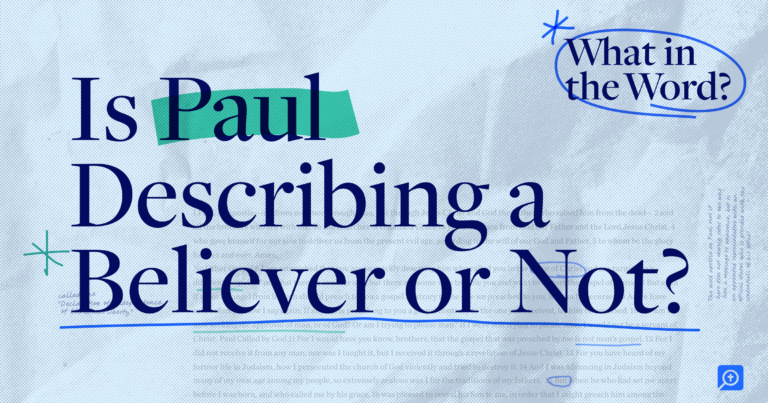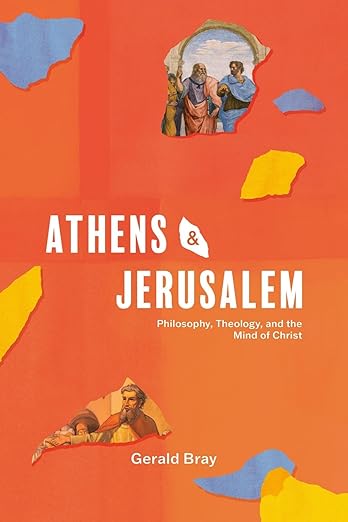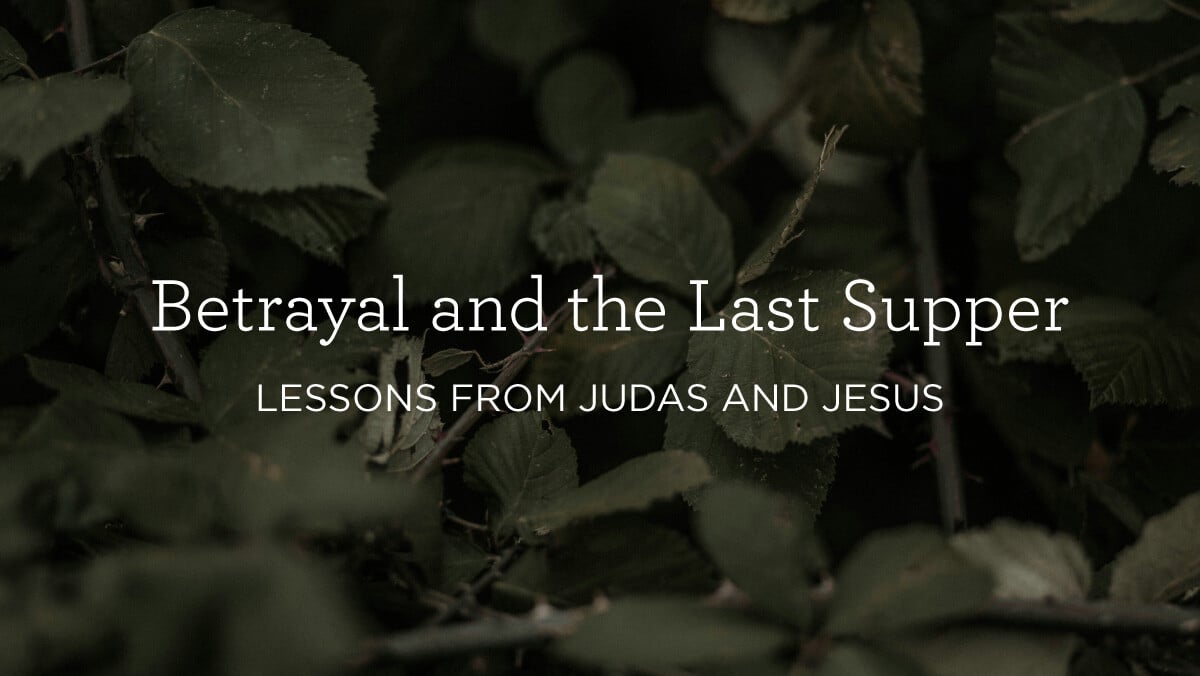The question asked by exegetes of Galatians 3.24-25 is whether paidagōgos carries a negative and disciplinary meaning or whether it is more neutral. Is Paul saying that the Law was a disciplinarian, a guardian or custodian, or a tutor (or schoolmaster)? The ESV renders Galatians 3.23-26 as follows:
Now before faith came, we were held captive under the law, imprisoned until the coming faith would be revealed. 24 So then, the law was our guardian until Christ came, in order that we might be justified by faith. 25 But now that faith has come, we are no longer under a guardian, 26 for in Christ Jesus you are all sons of God, through faith.
The NIV and NET Bible (2nd ed.) translators also chose ‘guardian’. Similarly, the NJB follows the notion of ‘custodian’, rendering the verses with a phrase: ‘a slave to look after us’. The NRSV, on the other hand, uses the word ‘disciplinarian’. Of theological significance for Martin Luther, the Lutheran Bible has ‘Zuchtmeister’, or ‘disciplinarian’. The KJV has ‘schoolmaster’ and the American Standard Version has ‘tutor’.
The solution to this question does not lie in discovering some new meaning of the word paidagōgos. This common Greek word referred to a slave who had oversight of underage children. The question is, what aspect of the role for a household slave overseeing children did Paul have in mind? Was Paul emphasising the how the Law was like a child-minder guarding children placed in his custody, disciplines the children, or serves as a tutor for the children in their studies? Was Paul’s thought that the Law’s purpose was negative (disciplinarian), positive (tutor), or more general (guard, custodian)?
To answer these questions, consider two things. First, consider Plato’s similar discussion to Paul. In Plato’s Lysis, a youth being quizzed by Socrates is asked about his paidagōgos:
And now there is one thing more you [the youth] must tell me. Do they [your parents] let you control your own self, or will they not trust you in that either? Of course they do not, he replied. But some one controls you? Yes, he said, my tutor [paidagōgos] here. Is he a slave? Why, certainly; he belongs to us, he said. What a strange thing, I exclaimed; a free man controlled by a slave! But how does this tutor actually exert his control over you? By taking me to school, I suppose, he replied. And your schoolmasters, can it be that they also control you?’ (Plato, Lysis 208c].
In this passage, the translator chose ‘tutor’ to render paidagōgos. This slave controls the youth. He is not the schoolmaster, and despite how the word is translated, nothing is said about tutoring the youth. Rather, the emphasis in the passage is on the slave’s control over the child in taking him to school. He functions more as a custodian or guardian, then, as the ESV, NIV, NET Bible, and JSB translate the word in Galatians. Neither does the passage in Lysis nuance this guardianship in a negative direction to capture any disciplinary role.
A more detailed study of the paidagōgos could show how guardianship could at times be more positive or more negative. A second consideration for understanding Paul’s point in this analogy, however, is that we need to look at the context in Galatians. In the immediate context, Galatians 3.23 uses two very similar and negative metaphors regarding the Law: it held us captive and imprisoned us. The next two verses offer a third metaphor in paidagōgos. Paul uses these three metaphors for two purposes: to emphasise that one who is under the Law is not free and to state that this is a temporary situation. The captive or prisoner is in that state until the anticipated faith is revealed, and the youth is under the custody of a slave until he grows up.
I would suggest, then, that Paul does not have the notion of discipline in view but one’s not being free for a limited time under the Law. When the youth reaches the right age, he is no longer under the slave’s guardianship. For Paul, in Christ we are sons through faith (v. 26). (This verse offers a strong reason to understand the phrase ‘faith of Christ’ in Galatians and Romans as ‘faith in Christ’ and not the ‘faithfulness of Christ.) Paul continues with this notion of the underage son coming of age a few verses later at the beginning of chapter 4. He says,
I mean that the heir, as long as he is a child, is no different from a slave, though he is the owner of everything, 2 but he is under guardians [epitropous] and managers [oikonomous] until the date set by his father (Galatians 4.1-2).
The notion of guardianship introduced with paidagōgos in 3.24-25 continues in 4.2 with two other words noted in the brackets. Again, Paul’s point is that being under the Law is being under someone else’s care until one grows up. The point Paul is making is not that the Law disciplines us or tutors us but that it controls us.
This is also the point Plato was making. The youth in the dialogue, Lysis, has ‘quite a large number of masters and controllers’ set over him by his father. His mother prevents him from messing with her loom and, if he does, gives him a beating (208d). Socrates then asks, ‘Why do they maintain you all day long in constant servitude to somebody, so that, in a word, you do hardly a single thing that you desire?’ (208e). As with Paul, the child is like a slave. Also as with Paul, Socrates references the fact that he has possessions but gets no advantage from them. In other words, as Paul says, he is an heir but still underage. Asked by Socrates why he is shepherded and managed by another though so well-born, Lysis replies simply, ‘I am not yet of age’ (209a).
Paul explains what he means in Galatians by being under the Law’s authority. He works this idea in two ways. First, he has in mind the sort of authority one is under as long as the Law persists in its custodial role. He does not have the moral law in mind but the stoicheia or elemental principles (4.9) that, for Gentiles, meant slavery to the gods (4.8) and, for Jews, meant slavery in the observance of a religious calendar (days, months, seasons, years: 4.10) and circumcision (5.2-3, 6, 11).
Second, Paul uses the notion of an heir coming of age to develop an understanding of Christian freedom as opposed to being under the custodianship of the Law. In Galatians 4.21-31, Paul gives the allegory of the slave mother, Hagar, and the free mother, Sarah, thereby illustrating two types of existence: children in slavery to the Law and children of the promise who are free. He declares that we are children of the free woman (4.31). In Galatians 5.1, the next verse, he says, ‘For freedom Christ has set us free’ (5.1). Galatians 5.13 marks a change in how Paul is using his metaphor, for he adds, ‘Only do not use your freedom as an opportunity for the flesh, but through love serve one another. 14 For the whole law is fulfilled in one word: “You shall love your neighbor as yourself”’ (Galatians 5.13-14). Paul further clarifies that being under the Law is also a state of doing works of the flesh: ‘sexual immorality, impurity, sensuality, 20 idolatry, sorcery, enmity, strife, jealousy, fits of anger, rivalries, dissensions, divisions, 21 envy, drunkenness, orgies, and things like these’ (Galatians 5.19-21). The idea of a custodian is still in view with the phrase being ‘under the Law’—like a paidagōgos, we may recall. The custodian or guardian, the Law, tries to keep us from these things. Coming of age, however, one no longer needs the Law because the desires of the flesh that needed a custodian are replaced with the Spirit. The opposing, inward drives do not remain a constant battle because the Christian is not driven by the flesh and in custody of the Law but is motivated by the Spirit and so is free (Galatians 5.16-18). ‘And those who belong to Christ Jesus have crucified the flesh with its passions and desires’ (5.24). Those who are free have the fruit of the Spirit maturing in their lives: love, joy, peace, patience, kindness, goodness, faithfulness, gentleness, and self-control (Galatians 5.22-23). The Law has no need to guide such maturity. Paul concludes, ‘Against such there is no law’ (5.23b).
Paul has, of course, a different purpose in writing to the Galatians, who are undermining faith in Christ by their return to a childish existence and needing a paidagōgos in the Law. Plato’s notion of coming of age was gaining knowledge and wisdom. Paul’s notion of maturation away from the Law’s custody was the work of Christ in one’s life and freedom in the Spirit.











 English (US) ·
English (US) ·